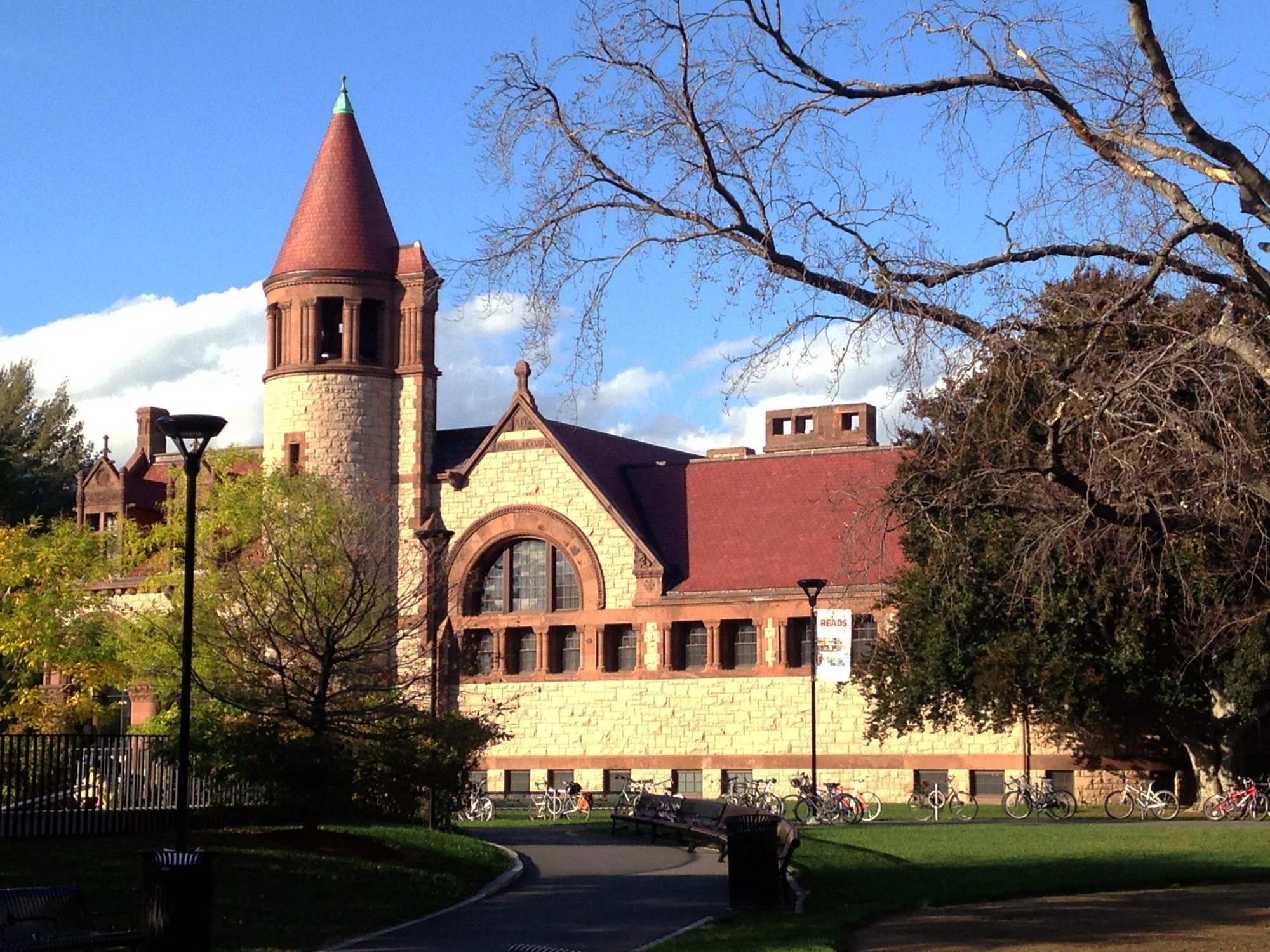
News
Summers Will Not Finish Semester of Teaching as Harvard Investigates Epstein Ties

News
Harvard College Students Report Favoring Divestment from Israel in HUA Survey

News
‘He Should Resign’: Harvard Undergrads Take Hard Line Against Summers Over Epstein Scandal

News
Harvard To Launch New Investigation Into Epstein’s Ties to Summers, Other University Affiliates

News
Harvard Students To Vote on Divestment From Israel in Inaugural HUA Election Survey
Cambridge Historical Society Talks Past Community Activism at Annual Meeting


The Cambridge Historical Society held its annual meeting Wednesday, kicking off their 2019 session by introducing their theme for the year: “How Does Cambridge Engage.”
Dozens of Cambridge residents attended the event held at Cambridge Public Library, with society members comprising a majority of the audience. The event featured guest speaker Karilyn Crockett, an MIT lecturer on public policy who spoke on the historical importance of community activism. Diana L. Lempel ’05, who is currently pursuing a Ph.D. in Urban Planning at Harvard, moderated the event.
The conversation addressed Cambridge residents’ history of activism, focusing on their opposition to the construction of the Inner Belt highway project in the 1950s. The proposed infrastructure project would have cut through Cambridge and Somerville as part of the rapid expansion of the American highway system at that time. Though construction on the project was able to begin, it was never completed, due in part to Cambridge residents’ fervent opposition.
Crockett discussed the vital contributions of Cambridge “collaborators” in jumpstarting the movement to protest the highway’s construction. She described the activism as unusual — the project would have brought substantial federal funding and jobs to the Cambridge area, but would have required demolishing several neighborhoods along the way.
“For a city and residents to say no to that was thought as unimaginable,” she said.
Crockett also argued that there was a need for continued activism by the new generation of Cambridge residents.
“There’s something very powerful not only about progressive politics but about the ability to resist,” she said.
Outgoing Cambridge Historical Society President Tod R. Beaty called the conversation “dynamic” and “thought-provoking” in his remarks to the audience.
“I really love that that’s the direction the society is tipping,” he said.
At the conclusion of Crockett’s conversation, the society’s general membership unanimously voted to approve a new board of Governing Council officers, as well as five councillor nominees — Belinda Clerisme, Marni Clippinger, Howard Lurie, Katherine Rafferty, and Michael Tushman, who is a professor at Harvard Business School.
Beaty addressed the crowd before the vote, thanking councillors and members alike for their effort and support during his tenure.
“It’s been challenging, it’s been exciting, and it’s been satisfying,” he said.
The Historical Society has played a role in preserving Harvard buildings on campus and is financially independent of the City of Cambridge.
—Declan J. Knieriem can be reached at declan.knieriem@thecrimson.com. Follow him on Twitter at @DeclanKnieriem.
Want to keep up with breaking news? Subscribe to our email newsletter.
